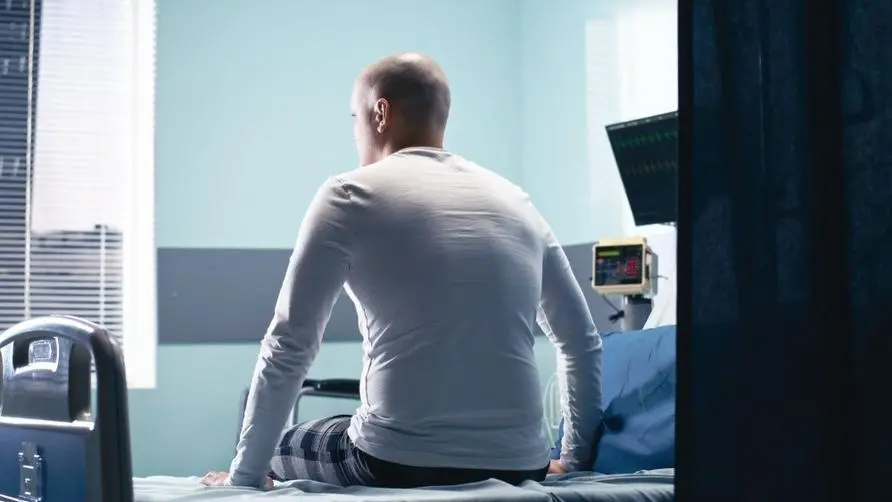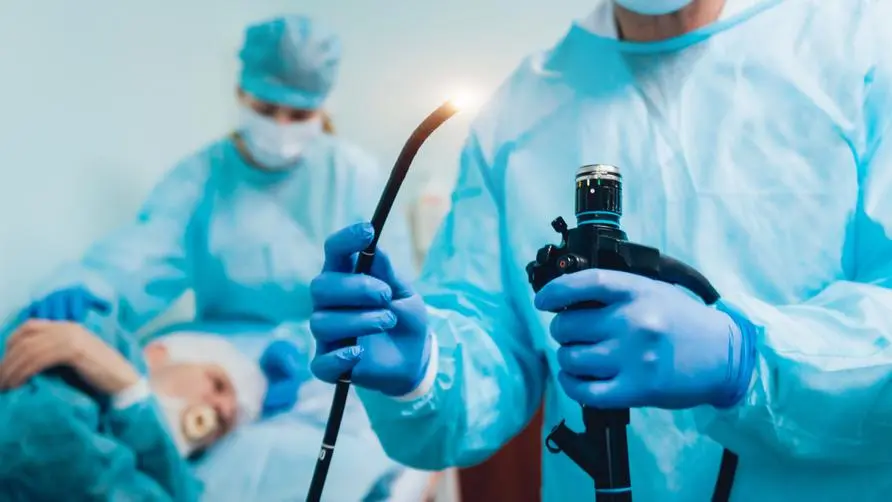Will rejuvenation of cancer become a future trend? Intensivists advise middle-aged adults: Pay attention to the "10 major signs of cancer"

Princess Kate was diagnosed with cancer at the age of 42! Will rejuvenation of cancer become a future trend?
British Crown Princess Catherine (HRH Catherine, Princess of Wales, also known as Princess Kate) announced on the social platform that she has cancer on March 23 this year, and is currently receiving adjuvant chemotherapy. This has attracted attention from all walks of life as to whether the number of people suffering from cancer is increasing year by year. “Youth” issue. Dr. Huang Xuan, an expert in critical care medicine, pointed out in the community that academic circles believe that the cancer rate among people under the age of 50 is indeed increasing compared to the past.
Dr. Huang Xuan said that a study published in Nature Reviews Clinical Oncology analyzed cancer populations from 44 countries and showed that people born after 1990 are more likely to develop cancer before the age of 50 than those born after 1970. Among them, the most common cancer in young men is colorectal cancer, followed by kidney cancer, liver cancer, prostate cancer and thyroid cancer. In young women, breast cancer is the most common cancer, followed by colorectal cancer, endometrial cancer, kidney cancer and thyroid cancer. cancer.
The middle-aged population under 50 years old must know! Intensivists advise young people to pay attention to the “10 major signs of cancer”
As for the middle-aged population under 50 years old, how can they know the warning signs of cancer in advance? Dr. Huang Xuan suggests that if the following changes occur in your body recently, you should suspect whether they are signs of cancer and arrange relevant testing as soon as possible:
A painless lump appears. If you find an abnormal lump in a certain part of your body that gradually grows larger over time, you need to be extra vigilant.
Persistent fever and cough. Especially if the cough is often accompanied by bloodshot eyes and lasts for more than 3 weeks, it should not be ignored and should be treated by a doctor immediately for clarification. In addition, if you have a fever that persists recently, especially sweating at night, it may be a warning sign of blood cancer or lymphatic system cancer.
Changes in bowel habits. Including constipation, diarrhea, or if you find blood in your stool, you should pay special attention to it; in addition, if the color of the stool is black, in addition to gastric ulcer bleeding, it may also be a sign of esophageal cancer, gastric cancer, or colorectal cancer; if the stool is gray-white, it may be a sign of gastric ulcer bleeding. A warning sign of pancreatic cancer, gallbladder cancer or bile duct cancer.
Abnormal difficulty in urinating. Frequent need to urinate, urgency or pain when urinating, or even less and less urine may be a warning sign of urinary tract cancers such as prostate cancer and bladder cancer.
Bleeding without warning. Including vaginal bleeding in women, bleeding during defecation or urination, and even bleeding from coughing, etc., you need to pay attention to whether it is cancer related to the urinary tract or reproductive organs.
Unexplained weight loss. If you suddenly lose more than 5 kilograms of weight without changing your diet or exercise habits, this may be a sign of early cancer.
Persistent fatigue. If you feel persistent and extreme fatigue that even affects your daily life, especially if you still feel tired after resting, it may be one of the early signs of cancer.
Changes in the surface layer of skin. For example, new moles appearing, or changes in the size, shape, or color of existing moles should not be ignored. In addition, if changes in moles are accompanied by redness, yellowing, itching or peeling of the skin, it may be a warning sign of skin cancer.
Persistent pain. If you have persistent pain anywhere in your body and no exact cause can be found, further testing is needed. Especially if the location and intensity of the pain gradually increase, you should be alert to the possible signs of cancer.
Digestive system problems. For example, long-term heartburn or indigestion or severe diarrhea, worsening appetite, and even weight loss as you eat may be early signs of cancer.
Dr. Huang Xuan emphasized that the above symptoms are not entirely caused by cancer; however, if the symptoms persist and tend to worsen, early medical examination is still the safest approach. Regular health check-ups and staying alert to any changes in the body can help with early detection, thereby increasing the likelihood of successful treatment.
In addition, middle-aged and middle-aged people should keep in mind the important concept of “prevention is better than cure”. Young people should maintain a healthy lifestyle, such as a balanced diet, moderate exercise, avoid smoking and excessive drinking, and reduce exposure to known carcinogens. Helps reduce the risk of cancer.
Source:
“Young People, How Do You Know You Have Cancer?” - Dr. Ooi Hean
Is early-onset cancer an emerging global epidemic? Current evidence and future implications
Extended reading:





